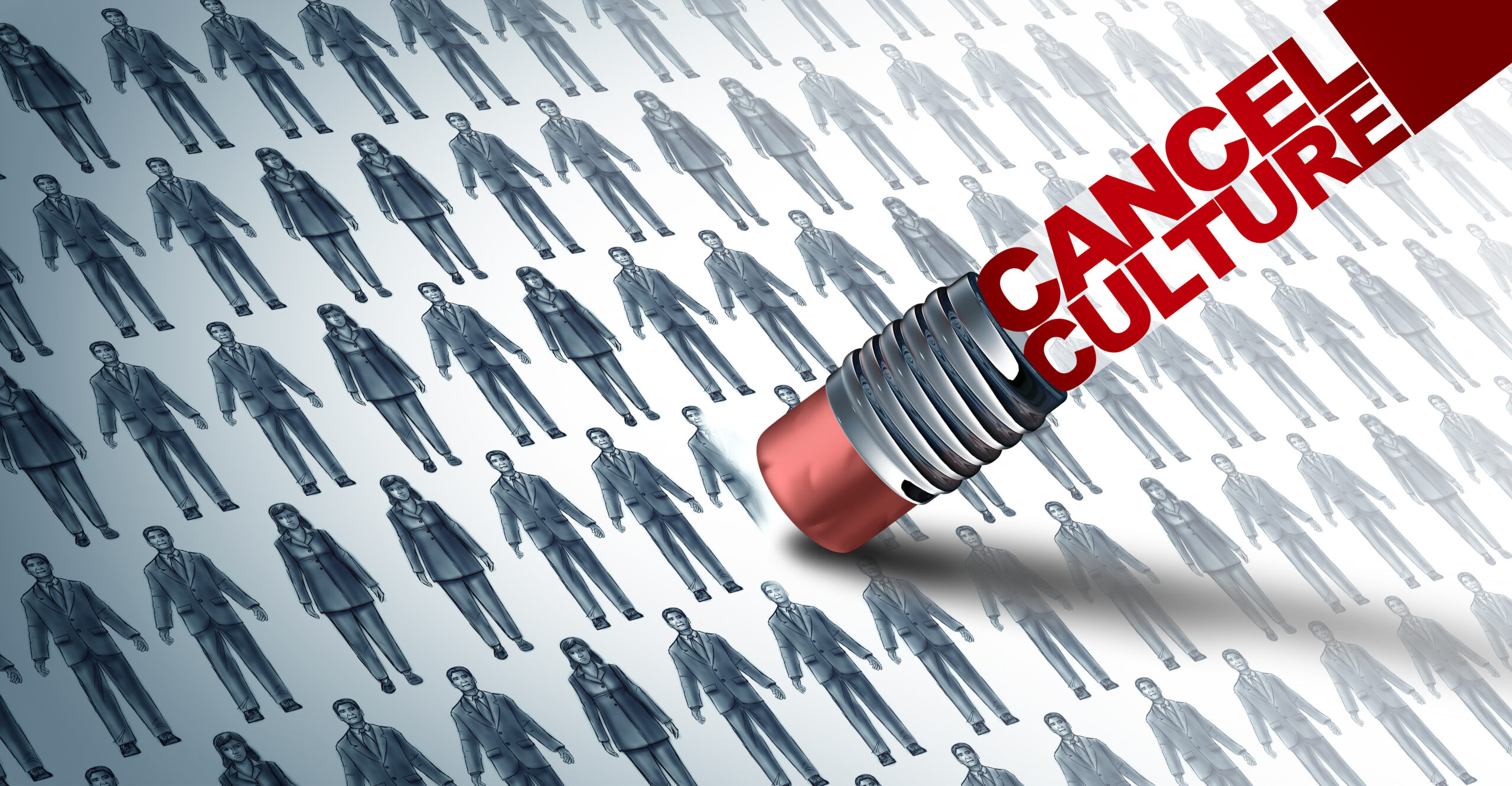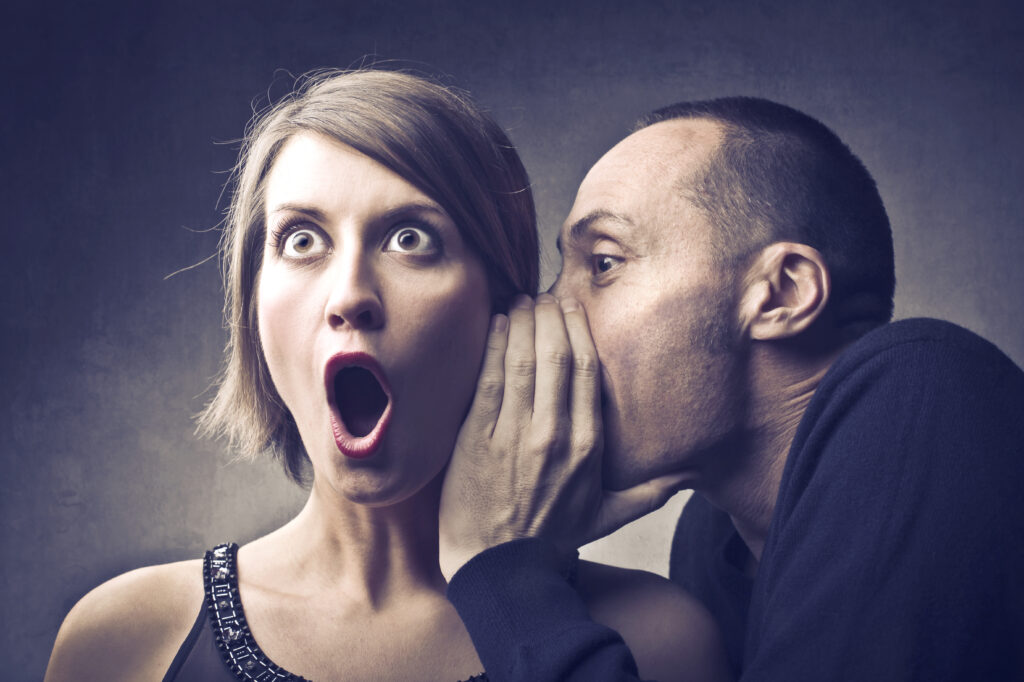Your cart is currently empty!

the Trend of Cancel Culture
Imagine for a second, that you are just so full of yourself that you actually think you are the judge, jury, and executioner of someones social life. Regardless of what you heard someone did or said, unless it was done to you or someone you are extremely close with, it’s none of your business. I m not condoning anyones behavior, I am simply stating that unless you were personally targeted, attacked, victimized or exploited, it’s not your place to create the environment to publicly admonish anyone. By doing so you can inadvertently cause the personal and/or financial ruin of an individual whom you have had no contact with, nor have the facts right. There are always 2 sides to every story, I don’t care what its about. Taking one persons accounting and jumping on the proverbial bandwagon can lead to a snowball effect where the outcome of your actions can land you in some serious legal hot water. In America, whether you like it or not, we are innocent until proven guilty in the court of law. While you are protected by the first amendment, those protections are not considered in the event you spread lies and misinformation, especially if those lies or misinformation lead to the targeted individual to lose income. It’s called Defamation.
This is a personal issue to me, not many of you know this (because i don’t like to talk about it) but I was the victim of a wrongful arrest and prosecution nearly 10 years ago. it took me 3 years to prove my innocence, and 6 years for the state of New Jersey to admit their wrongdoing and write me a BIG FUCKIN CHECK. I digress… Now put yourself in my shoes. Imagine you are arrested one day while you’re walking your dog, and thrust into a maximum security lockup full of murderers, kidnappers, and rapists. for 3 years. you lose contact with all of the people you thought were your friends. You lose your career. You lose your home, car, personal belongings. You have 1 hour a day you can either choose to shower or call family. Every court date seems to get postponed. The only information you get about anything involved with your case is through a lawyer who keeps saying, “just be patient”. You miss your child’s 6th, 7th and 8th birthday. You have no idea if you’re going to be that guy that goes to prison for the rest of his life for something he didn’t do. Then one day the judge finally dismisses your case because the detectives lied to the grand jury. You’re free. But are you? You now have to reclaim what ever reputation you had, all while theres this LARGE neon sign that says “Murderer” flashing above your head. You lose confidence. Its hard to admit, but after 3 years of living in a hostile environment, you are not the same person as before you got arrested. Your significant other that has stuck by your side through this whole ordeal cannot accept this new person you’ve become. She doesn’t understand why you’re different. No one does. No one ever will, unless the they are put through what you were. You have to deal with that. She leaves you.
Now nearly 10 years later, people want to dig that up from my past, and have me re live that time. Well, if that’s really what you want to do , I have no problem with that. But make sure you get your facts straight. Do not spread lies about me. Do not twist the truth to fit your narrative. Do your research. Then, you can fuck off.
In the age of social media and rapid information dissemination, a phenomenon known as “cancel culture” has gained significant traction. While it initially emerged as a means to hold individuals or entities accountable for their actions, there’s growing concern that this practice is fostering a generation characterized by entitlement, hypersensitivity, and an inclination toward drama.
Cancel culture has inadvertently birthed a generation characterized by hypersensitivity and a penchant for drama. The fear of being canceled leads to a hyperawareness of words and actions, resulting in an environment where people tiptoe around discussions, fearing any misstep might lead to public shaming. This constant vigilance nurtures an atmosphere of heightened drama, where minor disagreements escalate into major conflicts.

The consequence of this drama-centric culture is the stifling of open dialogue and the erosion of healthy debate. The fear of being labeled or ostracized hampers authentic conversations, hindering the exchange of diverse perspectives. The emphasis on performative righteousness overshadows genuine understanding and meaningful discourse.
Addressing the drawbacks of cancel culture necessitates a recalibration of our approach to accountability and discourse. Instead of hasty judgments, there must be a focus on understanding the complexities of human behavior and acknowledging the potential for growth and education.
Encouraging empathy, critical thinking, and open-mindedness can pave the way for constructive conversations. Embracing a culture that values listening, understanding, and learning from different viewpoints is essential in fostering a more inclusive and tolerant society.
While the intention behind cancel culture might have been rooted in justice and accountability, its evolution has led to unintended consequences. The rise of entitlement, hypersensitivity, and drama within this culture inhibits meaningful discourse and authentic interactions.
To foster a healthier environment, it’s crucial to strike a balance between accountability and empathy. Embracing nuanced discussions, valuing diverse perspectives, and allowing room for growth and learning can pave the way for a more inclusive and understanding society—one that thrives on constructive dialogue rather than performative outrage. It’s time to reevaluate our approach and strive for a culture that encourages learning and growth rather than breeding a generation defined by drama and entitlement.




 designed and developed by
designed and developed by